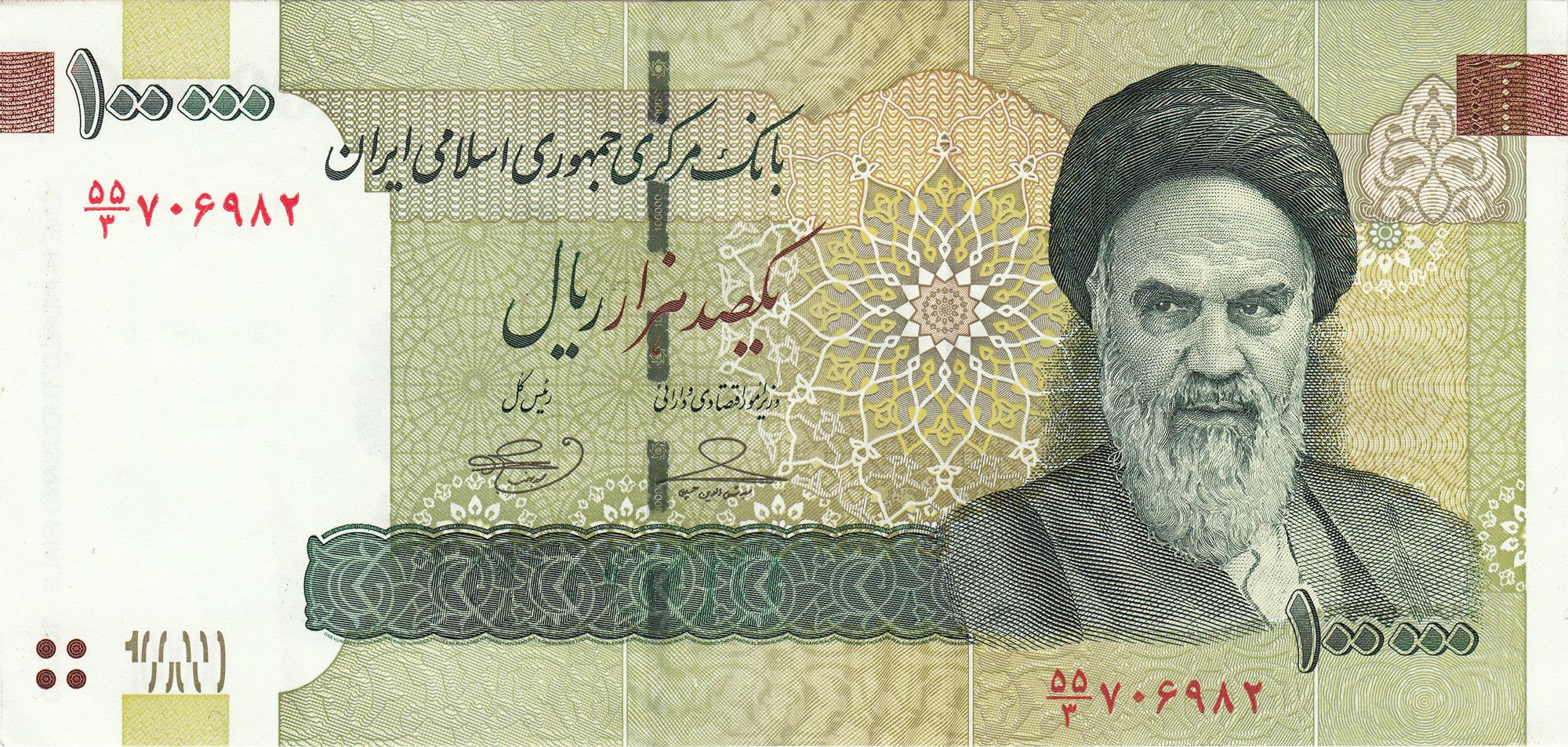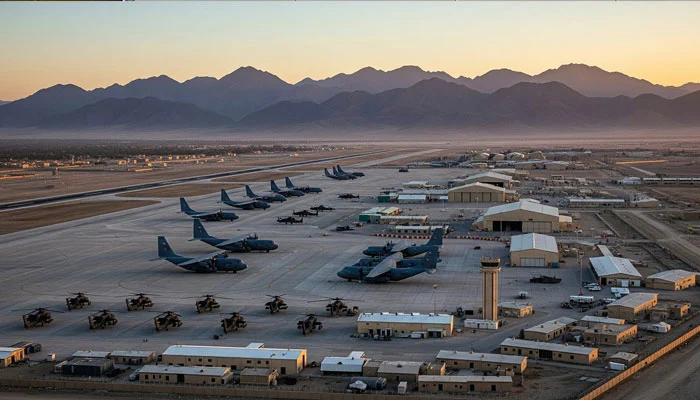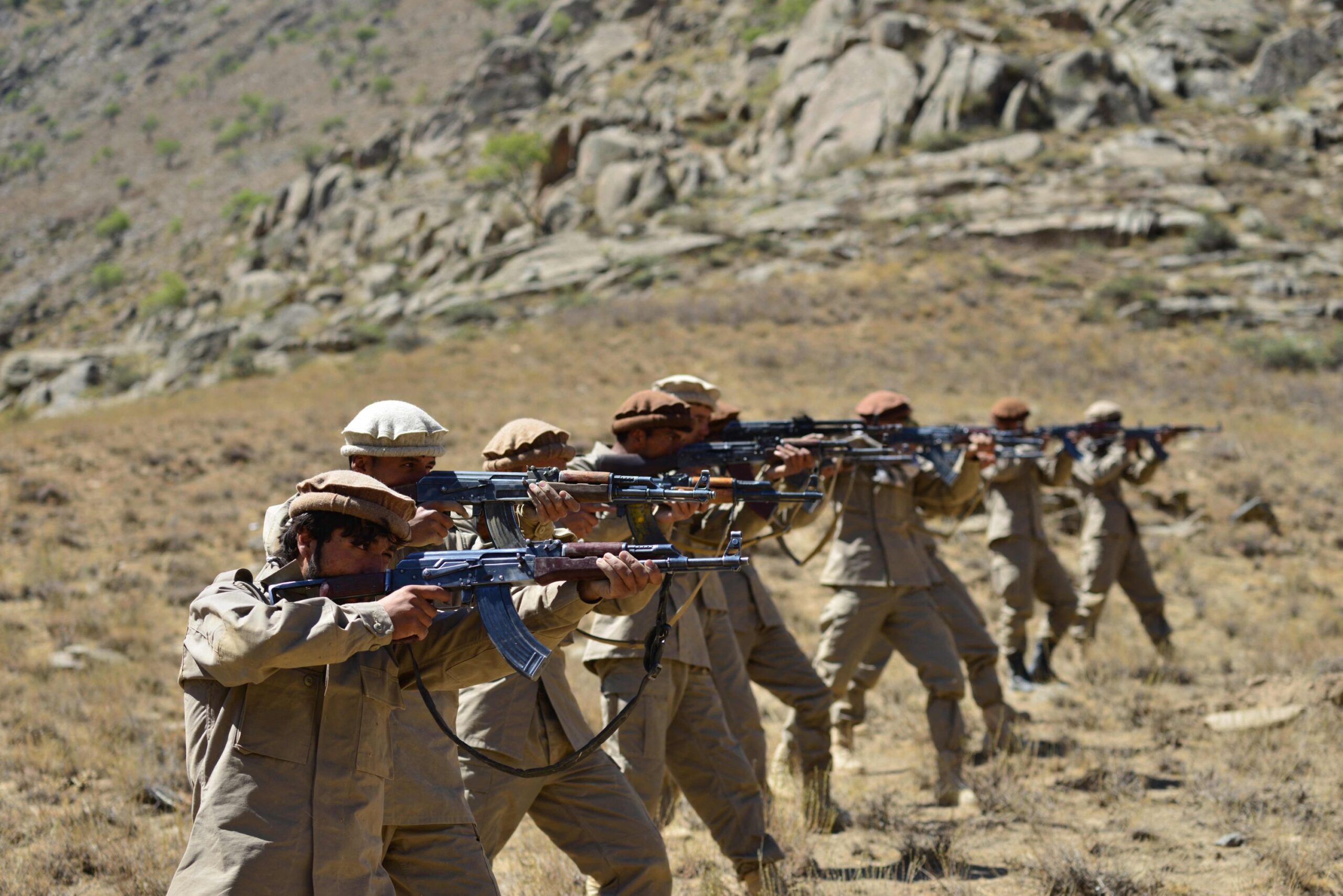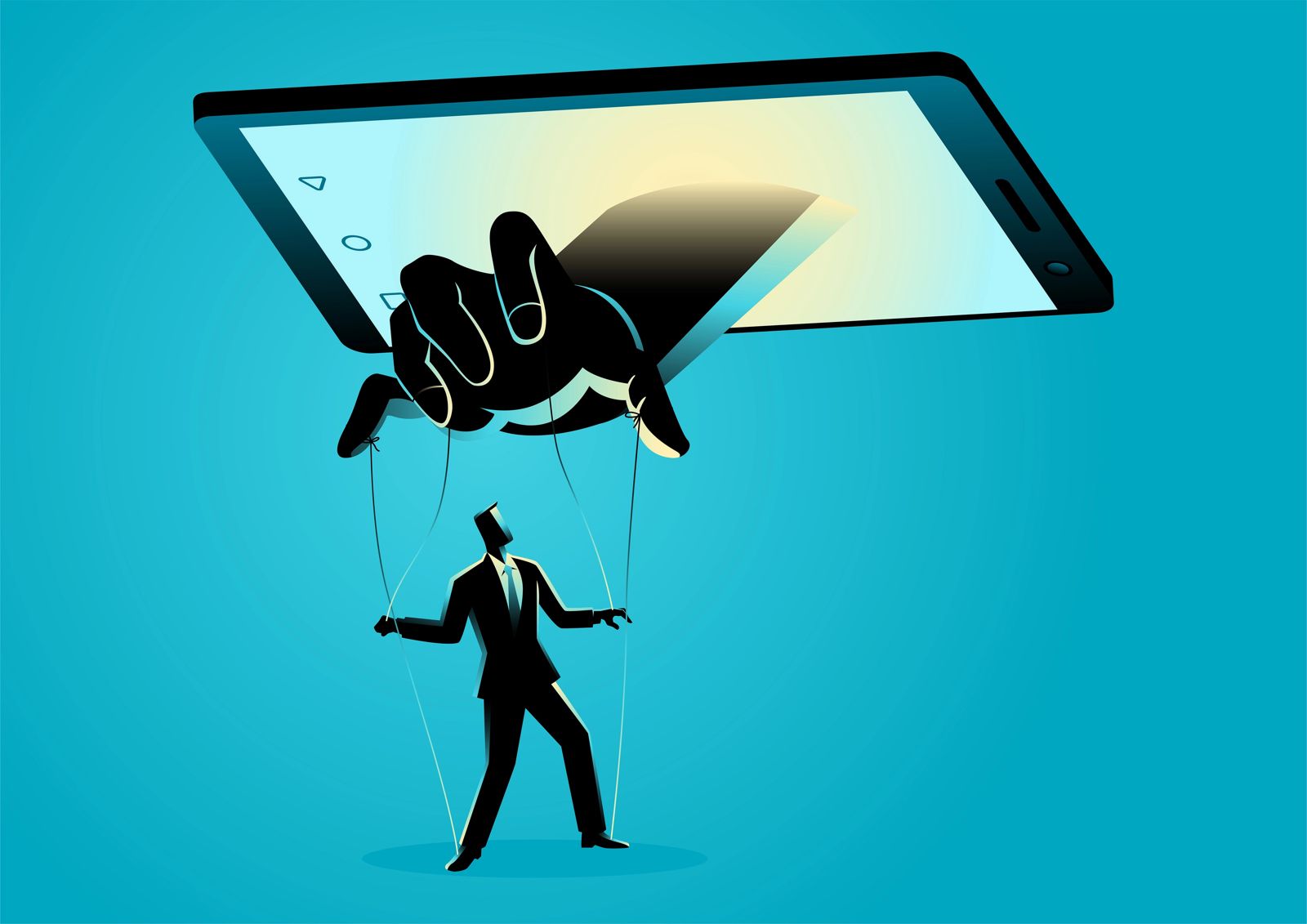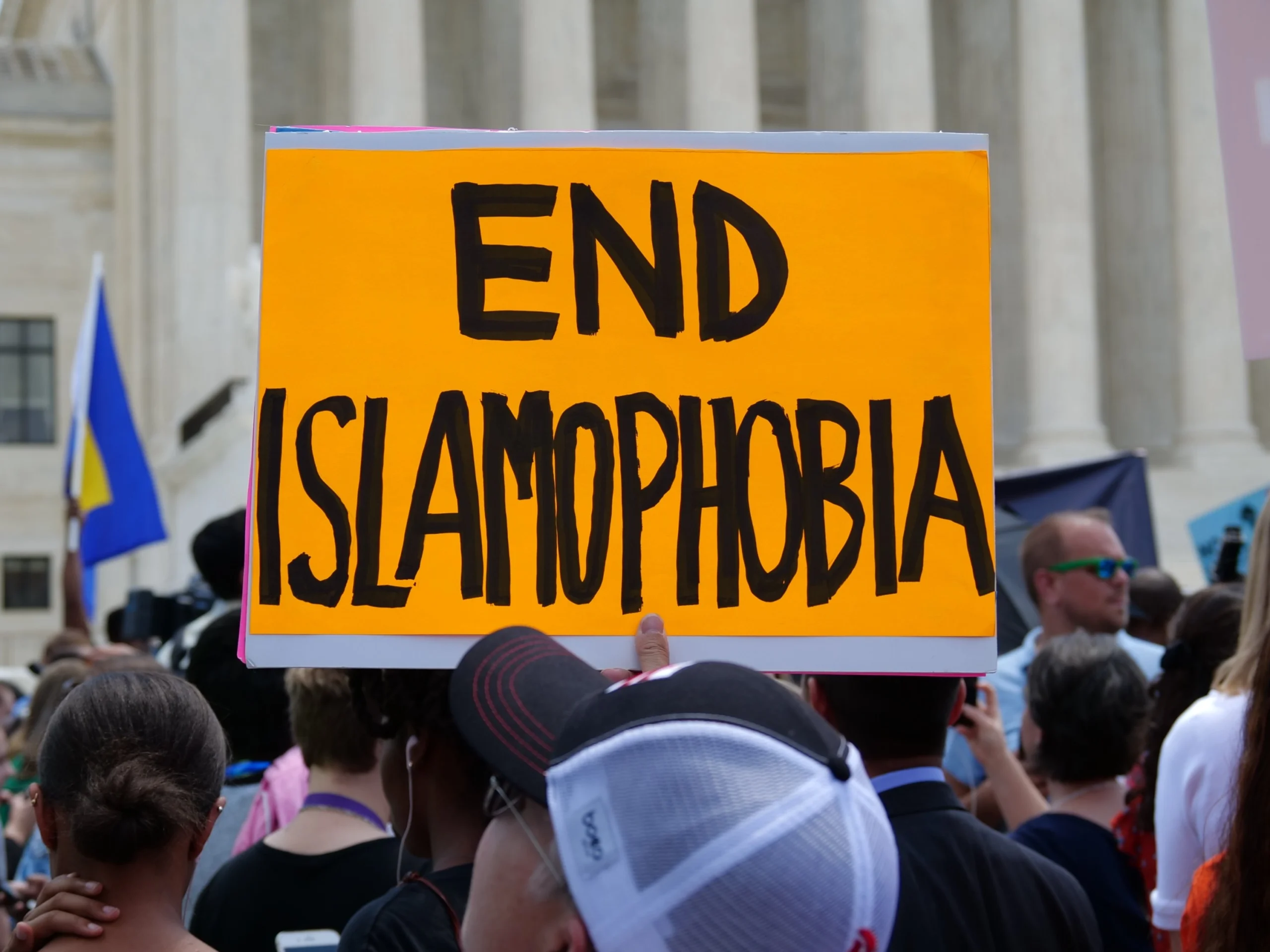Elections in Sri Lanka
Sri Lankan politics is in a fractious state nowadays. President Gotabaya Rajapaksa hopes to tighten his hold on power after the elections. The elections are due to happen on Wednesday and can elevate his brother and allow the two to change the constitution if they prevail. Similarly, Rajapaksa is the man who claims credit for controlling the spread of the new coronavirus in the island nation. After emerging victorious in the elections, he hopes to install his elder brother and former president – current caretaker Prime Minister Mahinda Rajapaksa – in the post formally.
Polling amidst a pandemic
Voters in the island nation of 21 million people will wear masks, carry their pens to mark ballot papers. They are to maintain physical distancing for the parliamentary polling. The polls have been postponed twice because of the COVID-19 pandemic. Vote counting will take place on Thursday. Additionally, Sri Lanka has reported 2,816 infections of the new coronavirus and 11 COVID-19 deaths as of Sunday. The totals are lower than in neighboring South Asian countries, held in check by a strict lockdown since March.
“We will make it safe for you to vote,” said chief election commissioner Mahinda Deshapriya, urging people to vote without fear.
The Rajapaksa brothers
Moreover, the 26-year civil war between the government of Sri Lanka and Tamil separatists ended under the presidency of the elder Rajapaksa. The brothers piloted their political careers as Sinhalese Buddhist nationalists, but later became known for crushing the rebellion of Tamil separatists fighting for a separate homeland for their ethnic minority. Gotabaya Rajapaksa, who won the presidency in November, is not up for re-election in the parliamentary polls.
The odds
Sri Lanka traditionally does not conduct political opinion polls. However, analysts have given their take. Given the support the brothers enjoy among the Sinhalese majority; Mahinda is the clear favorite. The opposition candidate is the son of Ranasinghe Premadasa. Who was assassinated while president by a Tamil suicide bomber in 1993?
Potential outcomes
Furthermore, previous governments made reforms to prevent abuses of power. The Rajapaksas want to return those powers to the presidency. Political commentators say that the majority community in Sri Lanka has voted Gotabaya Rajapaksa back into the presidency. This indicates they have already decided they want the Rajapaksas back. The question is whether the brothers get a majority large enough to make sweeping changes.
President Rajapaksa says he cannot implement his agenda of economic growth because of the curbs on his power.
More about the changes
Conclusively, the reforms created independent bodies, including judicial, human rights, and police commissions to exercise powers that had been concentrated in the president. Restoring those powers would require amending the constitution, which in turn requires a two-thirds majority in parliament.

